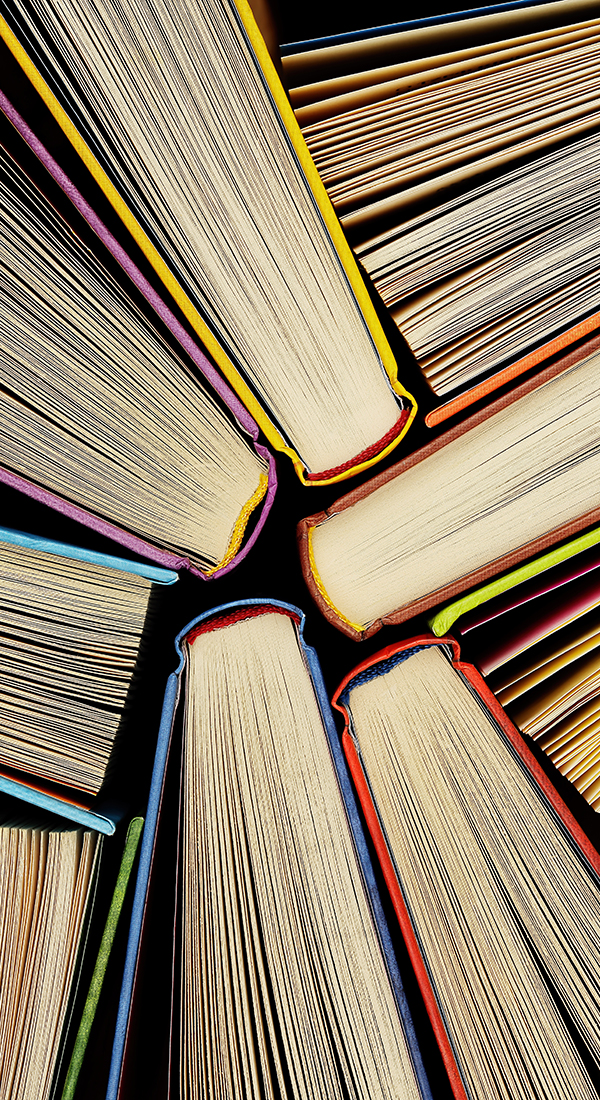Turning the Page: An eBook Article
Before reading this article, please print out the page found at this link, find four and a half big bottles of scotch, rum or vodka (and/or several cases of beer), and prepare yourself for a hangover of epic proportions.
The question of our times is this: Will e-books utterly obliterate real books, or only merely relegate them to a niche market serviced only by cretins, political commentators and inbred swine?
"The ebook industry is growing at a staggering rate," said Winston Dogman, an expert on contemporary literature and beekeeping at New York's famed Presbyterian School of Truth. "All indications suggest ebooks will account for a full 122% of the reading market by 2015, eventually supplanting TV, movies, and videogames to own a staggering 55.6% of the media consumption worldwide by 2021. By the middle of the next decade, even cats will have their own Kindles, which they will use to read books by self-published authors who imagine they are experts in killing mice."
However, old-fashioned book advocates are not ready to roll over and die quite yet.
"Real books will never go away, and I expect they will even grow in popularity as time goes on," said Geoffrey Manatee of the publishing house Manatee and Sons. "And the only way ebooks stand any chance of making inroads is with stronger DRM schemes in place, because this is how investments are protected, authors are paid, and, quite frankly, we keep the baby Jesus from crying."
"I totally agree," added Mrs Elaine Harsborough, a housewife in New Jersey. "DRM protects consumers and saves our children from a life of crime. Without DRM, filthy pirates would rule the world, raping a pillaging and... goodness! I've never heard of these DRM people. Are they related to the FBI?"
Still, many experts believe the ebook world is still in its infancy. By most accounts, prices are far too high and will lower within six months, allowing many more people to turn the page on their real book habit and indulge on their iPad and iPhones and Kindles. In fact, according to an Amazon press release, sales of ebooks accounted for 107% of purchases in the first quarter of 2010, meaning Kindles are currently more popular than rice, bread, and lite beer combined.
"The ebook world is just getting its footing," said Dogman. "It's too soon to tell, but we estimate ebook prices are actually too low right now, and will raise in the short term to help buffet the failing publishing industry. No matter what, real books are on their way out. This is a game-changer. Real books? Turn the page. Old-fashioned reading? Turn the page. The game is changed, people. By 2021, you will be cuddling up and snuggling with your Kindle T-800s instead of the old-fashioned, real books. Turn. The. Page."
"That's a load of crap," said Manatee. "I read in the bathtub and on the beach and oftentimes in the range of an electromagnetic pulse caused by a nearby nuclear explosion, and I would just like to remind you that real books will not work in any of those situations. You know when the batteries of a real book fail? When you DIE. Which is the only way you're going to pry my real books out of my cold, dead hands!"
But perhaps most worrying to the publishing industry is the confession of Mrs Harsborough, who said that while she does buy many books for her suburban home, she hasn't read a single word since 1997. "I know my habits might be damaging the book industry — and I do love books — I just can't bring myself to change them. I only buy books to fill the space on my shelves after I threw out all my DVDs and started downloading movies instead. I mean, reading is something you do online, not for recreation!"
So are we ready to turn the page on real books? It's too soon to tell. But one thing is for certain: there is nothing in this world more powerful, important and life-changing as the smell of a real book.
Or so I keep hearing.
